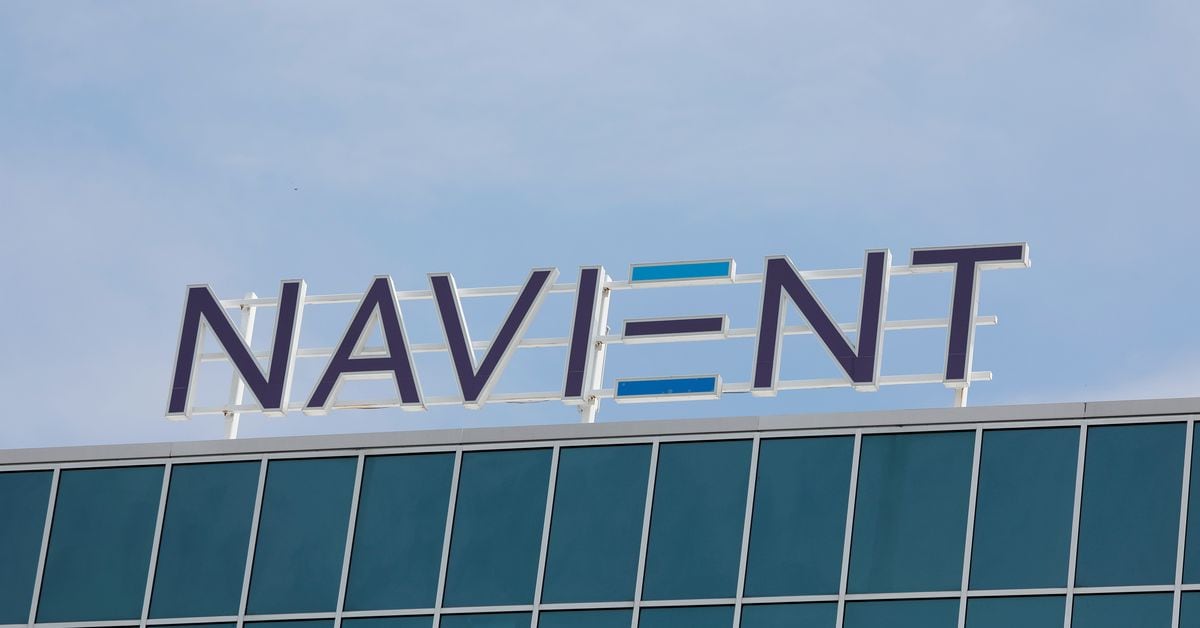FiveByFive
Member
- Joined
- Jan 15, 2021
- Messages
- 281
Since the Bankruptcy Reform Act of 2005 student loans are no longer dischargeable in bankruptcy filings. So if the debtor has student loans, they're with you for life or until paid off. Unlike any other type of debt. Even federal tax debts have a 10 year statute or they're wiped off the books. Some tax debts (federal, state & local) can even be disharged in bankruptcy.
Can't pay your mortgage? Sell your house/condo or just wait for eventual foreclosure.
Can't pay your auto loan or boat loan? Either sell or wait for lender repossession or turn over your asset voluntarily.
Can't pay your credit cards? File bankruptcy & they are almost guaranteed to be discharged.
Can't pay your student loans? It's like owing money to the Mafia. You've got to find a way to pay. Or your life is hell.
Hmmm. Now that I think about it wasn't around 2005 that cost of college education started to balloon out of whack? Might it have been related to the Bankruptcy Reform Act of that year? Colleges, realizing students could borrow more, began charging more. And more. And more. Lenders kept approving the higher & higher loans. Now student loan debt is greater than any other kind of debt. A historical anomoly which isn't going away any time soon.
Up until 2005 you get a college education with a couple of part-time jobs, being a lifeguard during the summer and maybe some some relatively small loans.
Anyone who would lend $50K or $25K per semester to the young man in question of this thread is getting an almost guaranteed repayment, with added interest, somewhere down the line. Hardly any risk at all.
Why doesn't the federal government amend the non-dischargeable element of student loans? The big lenders whom also are big time political campaign contributors (surely, just a coincidence!) would frown on legislators taking this action.
It's all about the Benjamins. It always is.
Not sure where you are getting this information, but it is not altogether correct.
"Federal" student loans (Direct Subsidized and Unsubsidized Loans, PLUS loans, and Direct Consolidation Loans, etc.) have been prohibited from being discharged in bankruptcy proceedings since a 1976 amendment to the Higher Education Act of 1965.
"Private" student loans (not federally guaranteed) may in fact be dischargeable in bankruptcy:

Private student loans can be tossed in bankruptcy, appeals court rules
A New York-based federal appeals court on Thursday said that private student loans are not protected from discharge in bankruptcy.
Additionally, the yearly rise in both public and private higher education costs has been fairly uniform for decades:
Fast Facts: Tuition costs of colleges and universities (76)
The NCES Fast Facts Tool provides quick answers to many education questions (National Center for Education Statistics). Get answers on Early Childhood Education, Elementary and Secondary Education and Higher Education here.
nces.ed.gov
